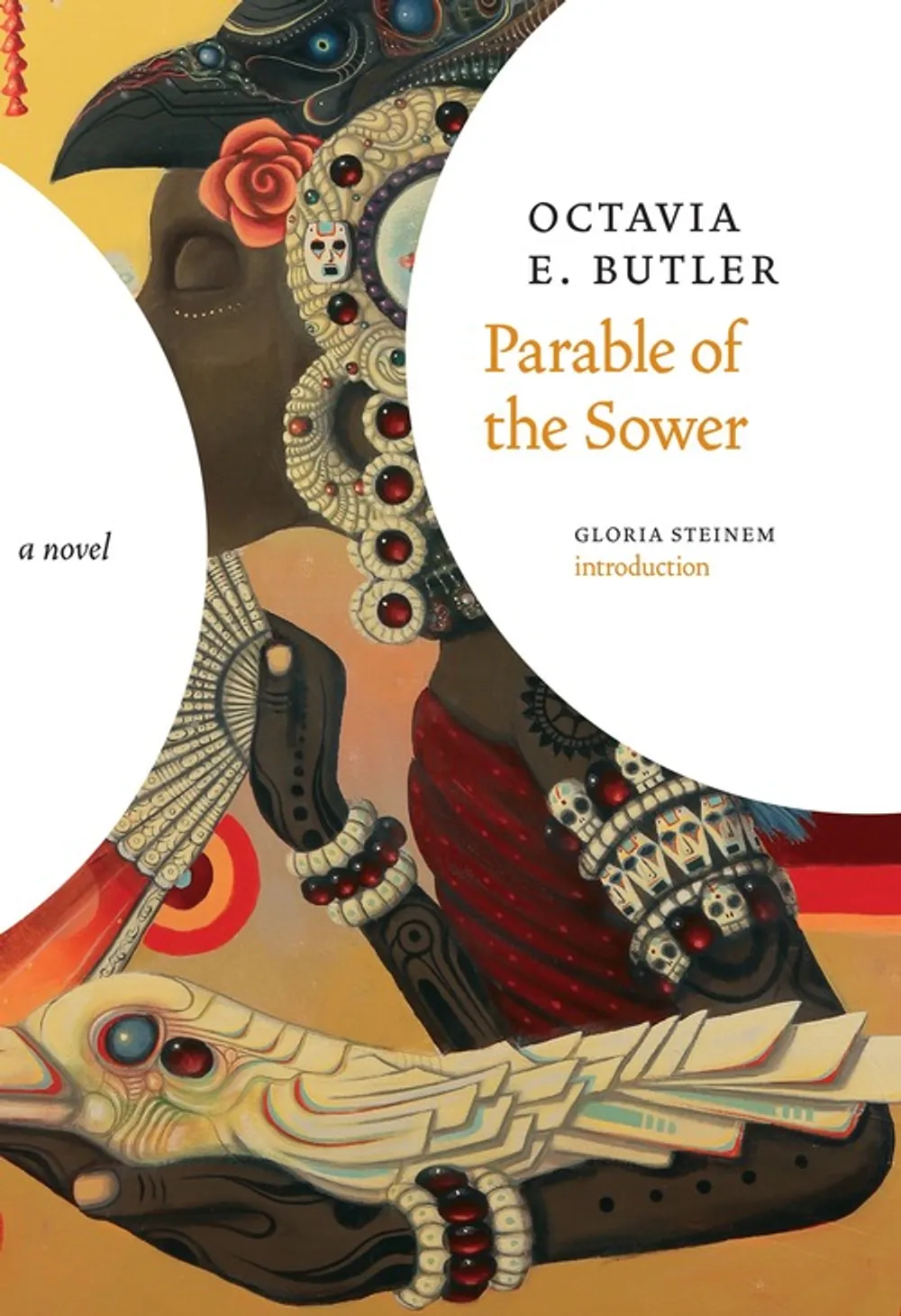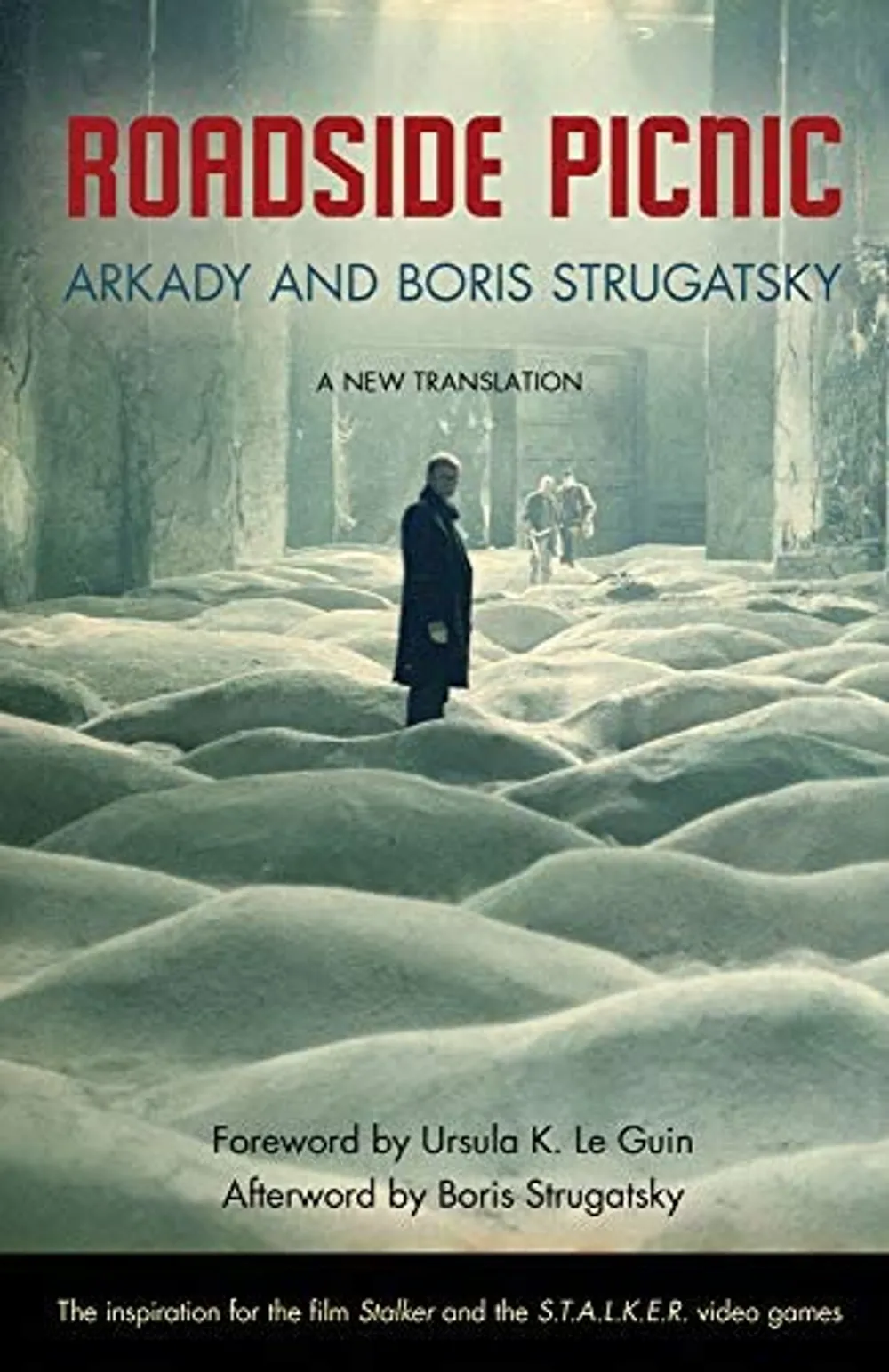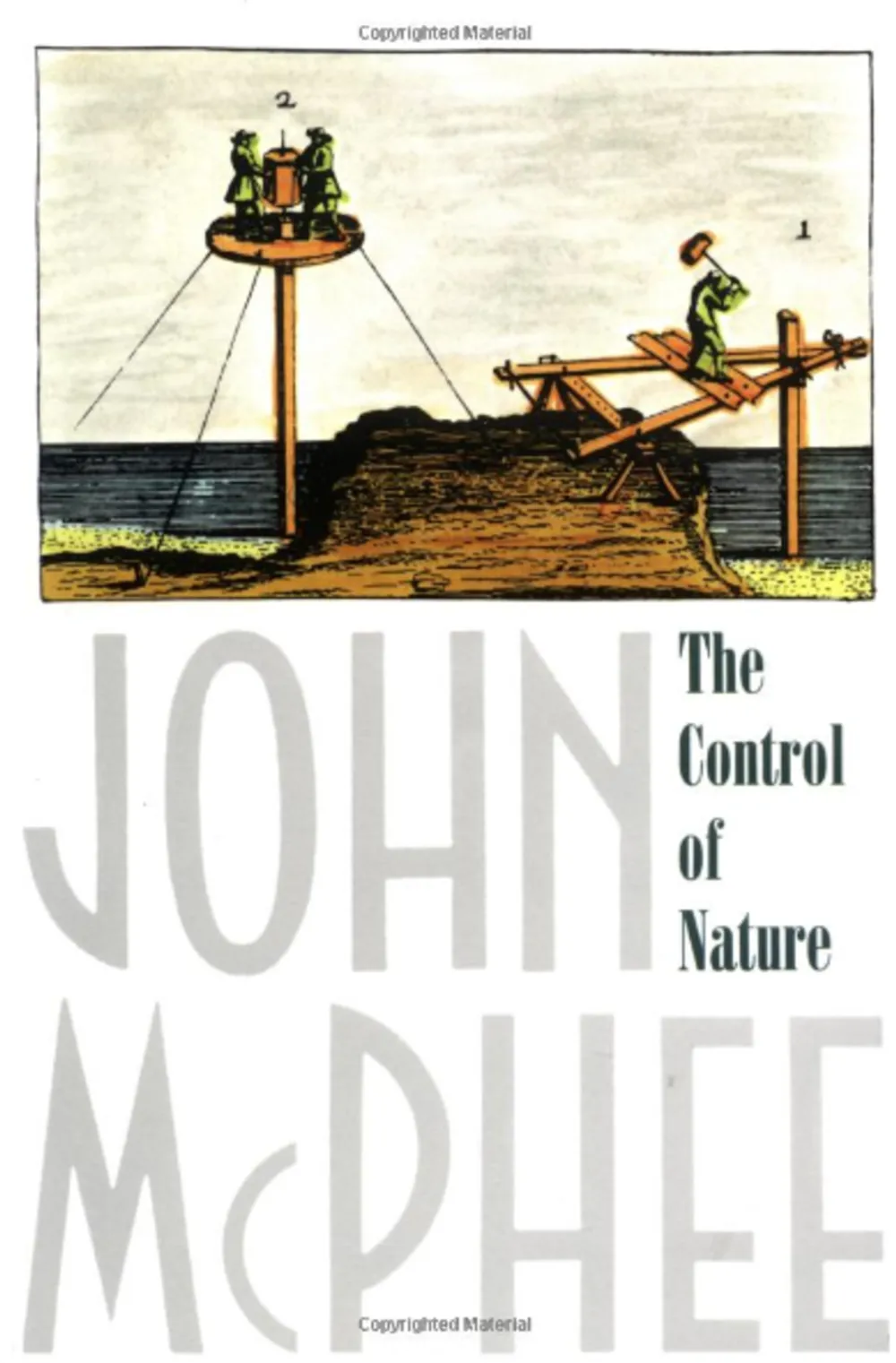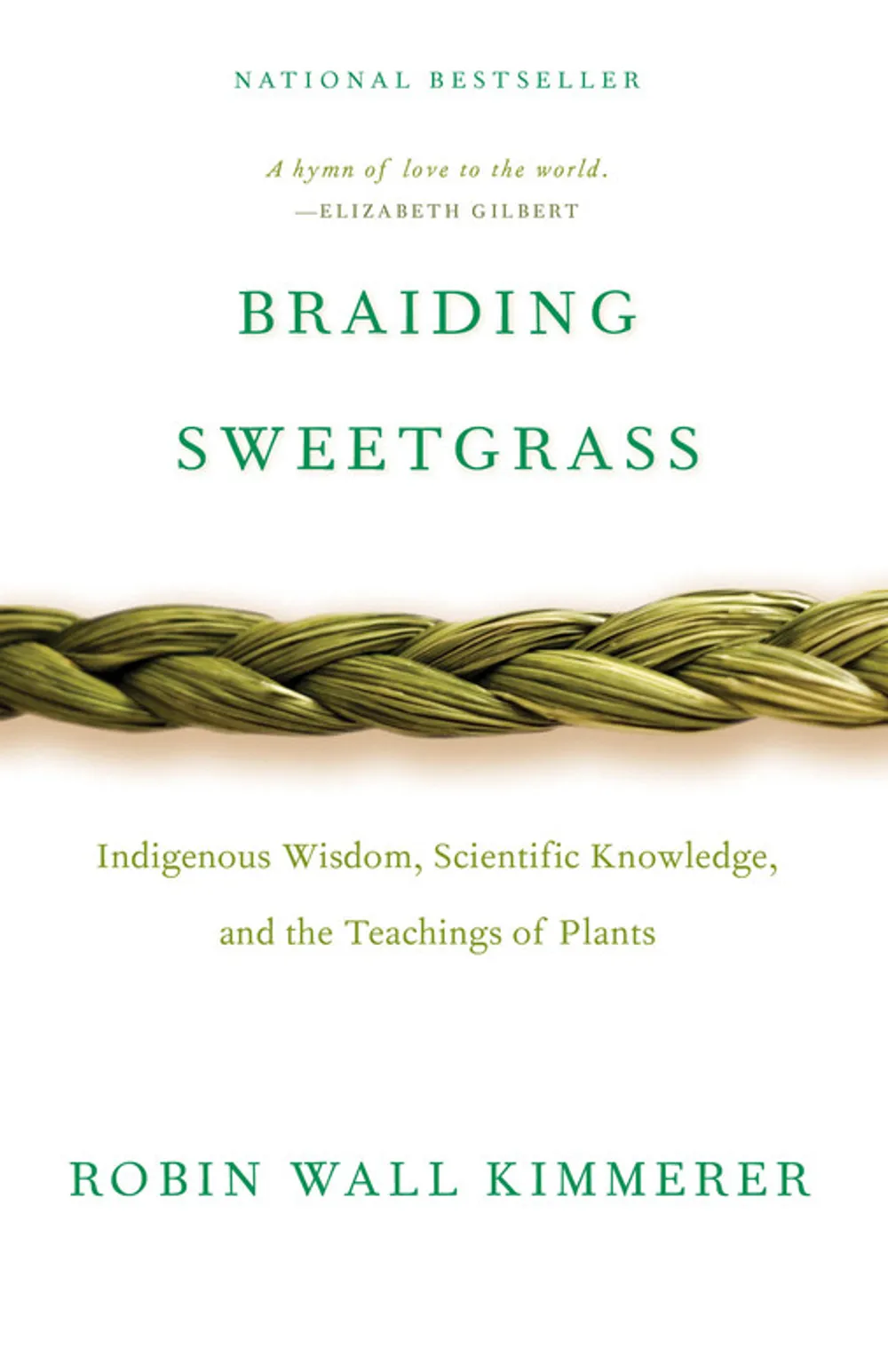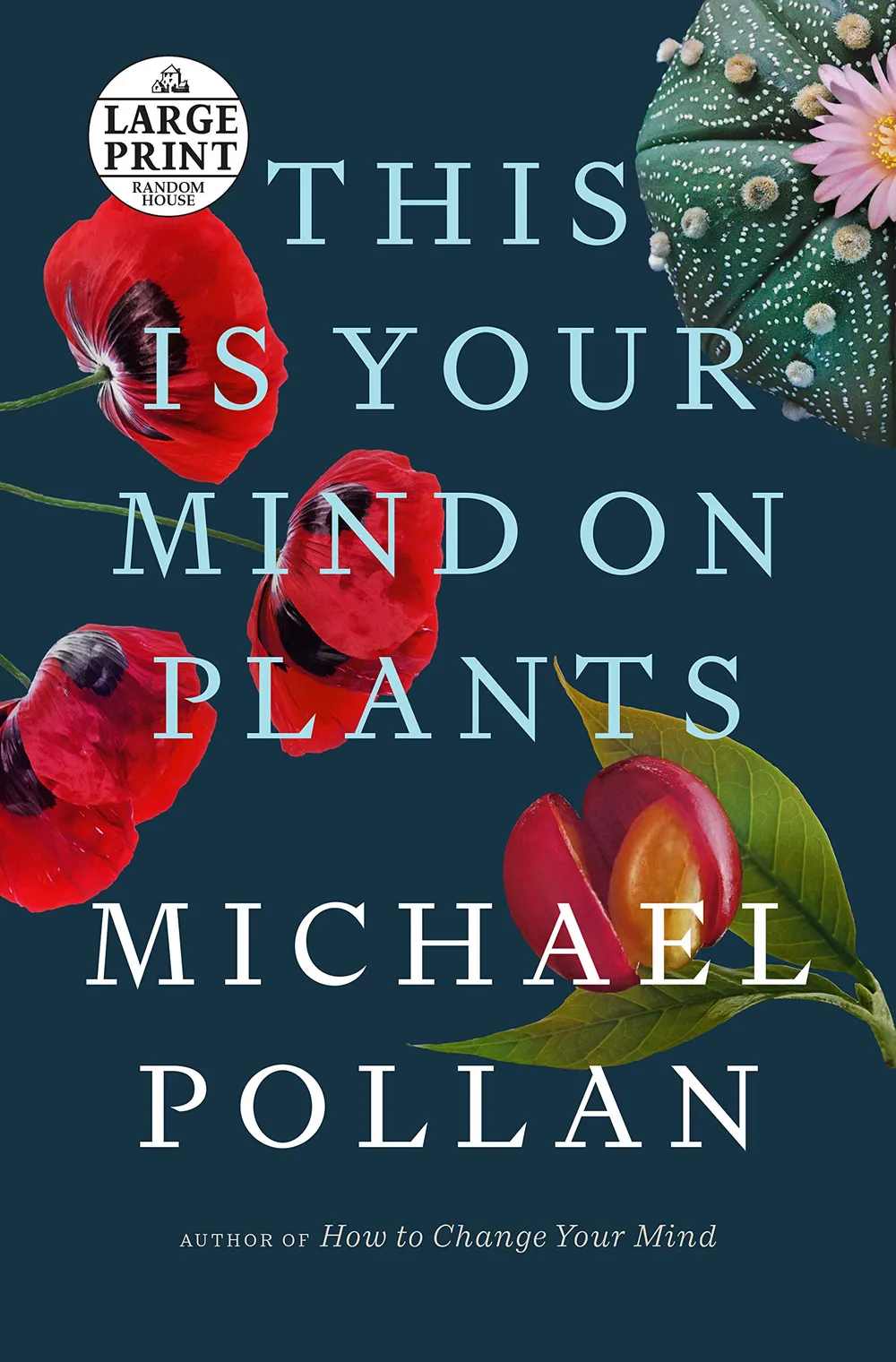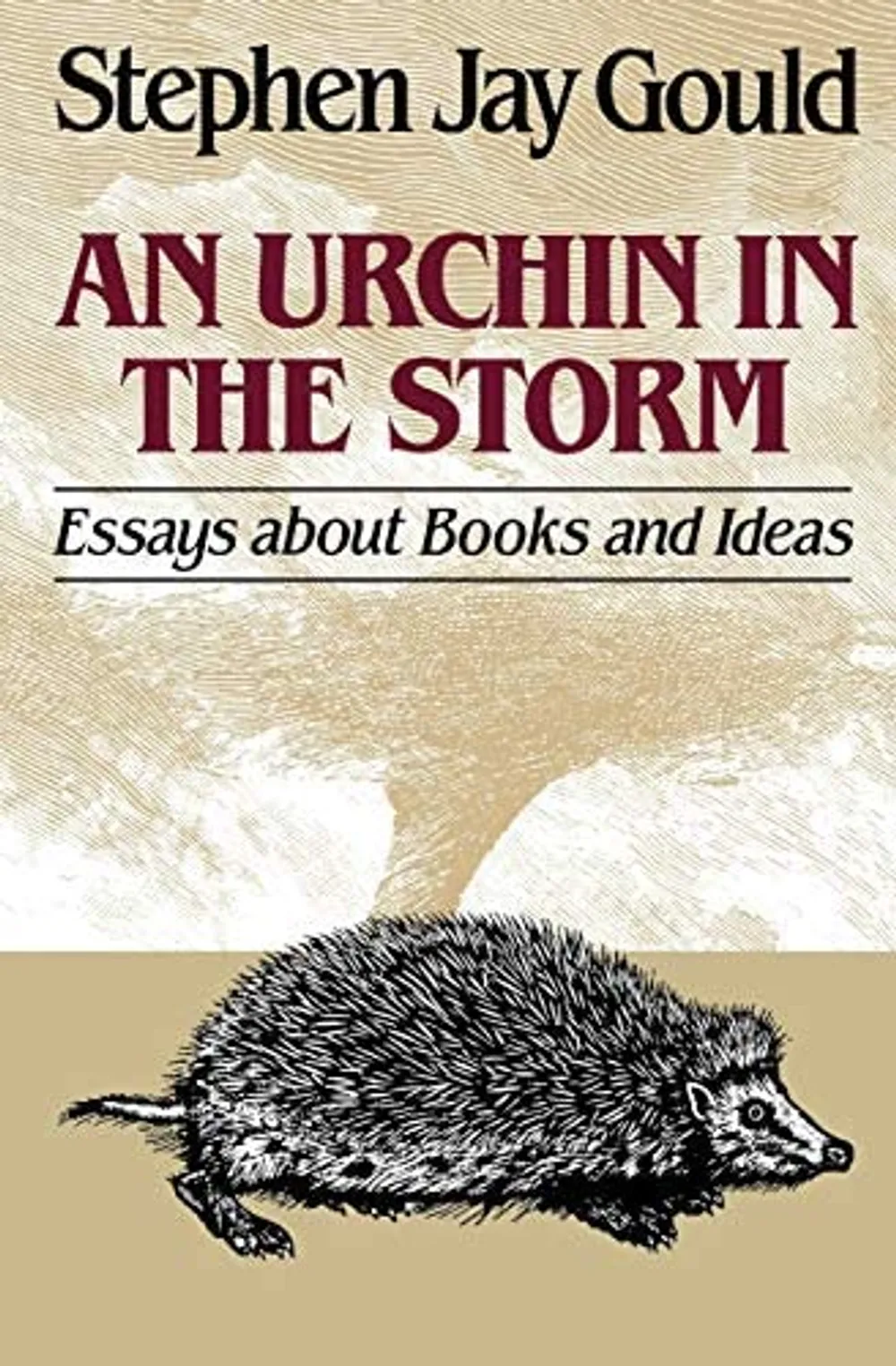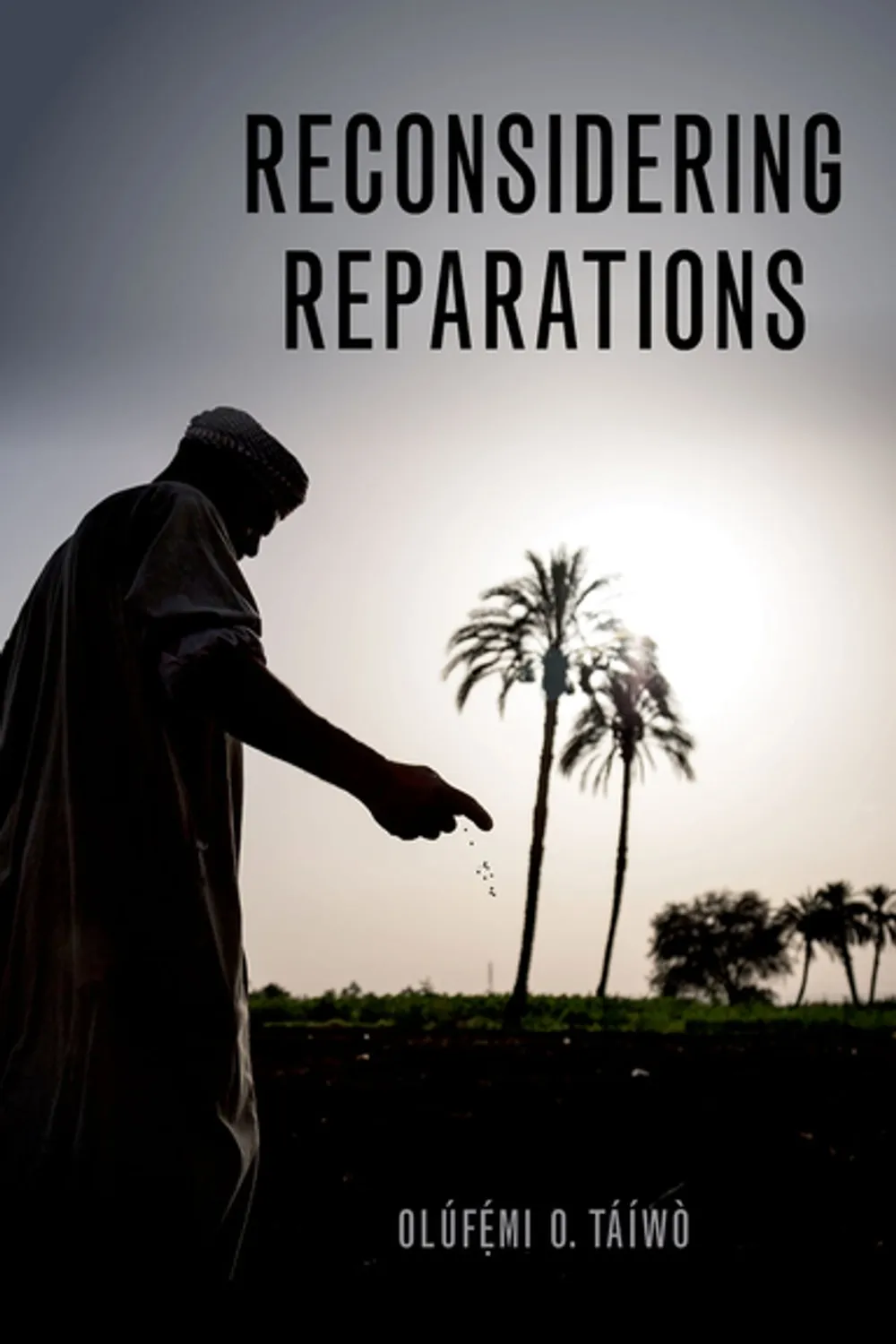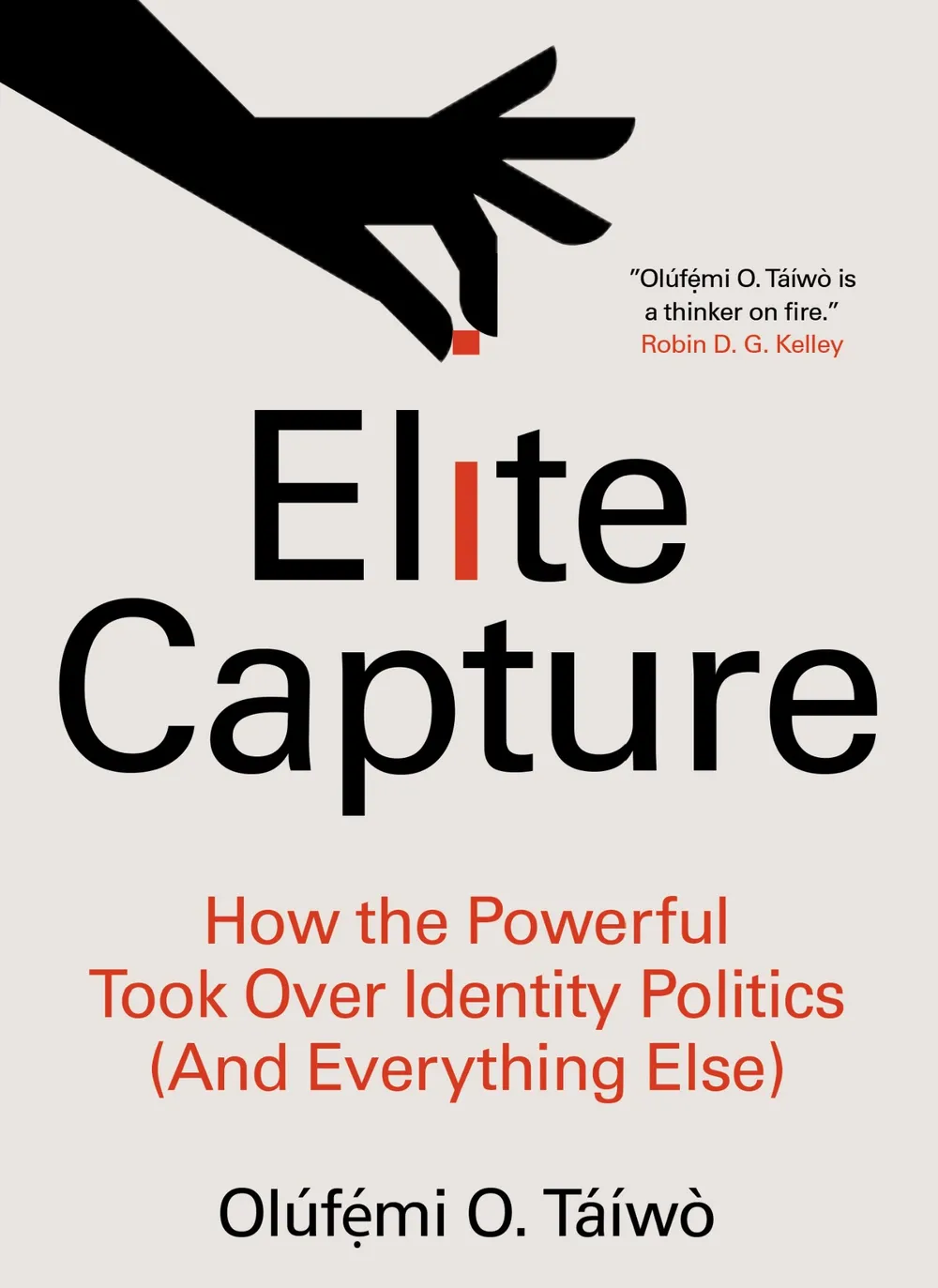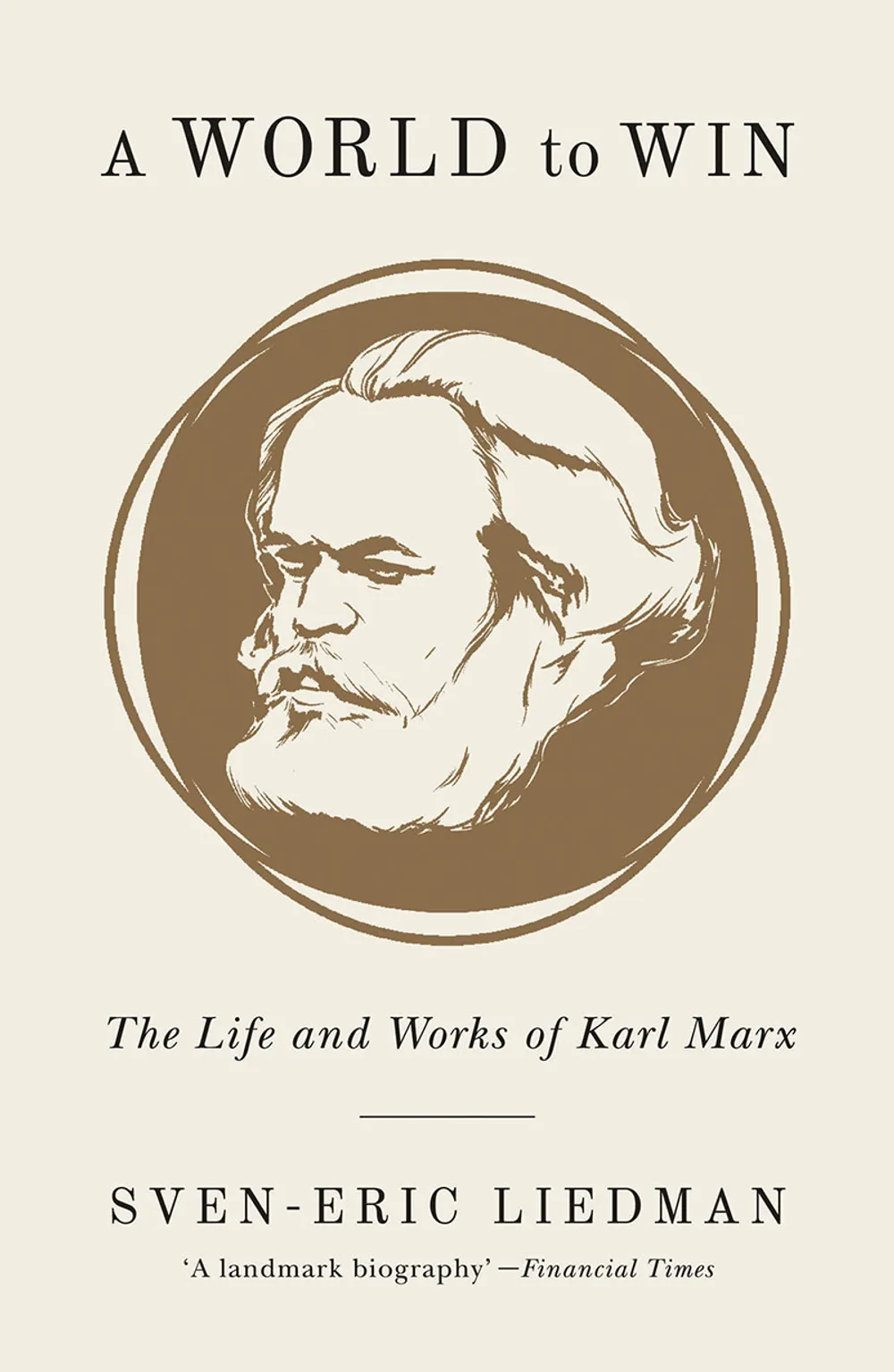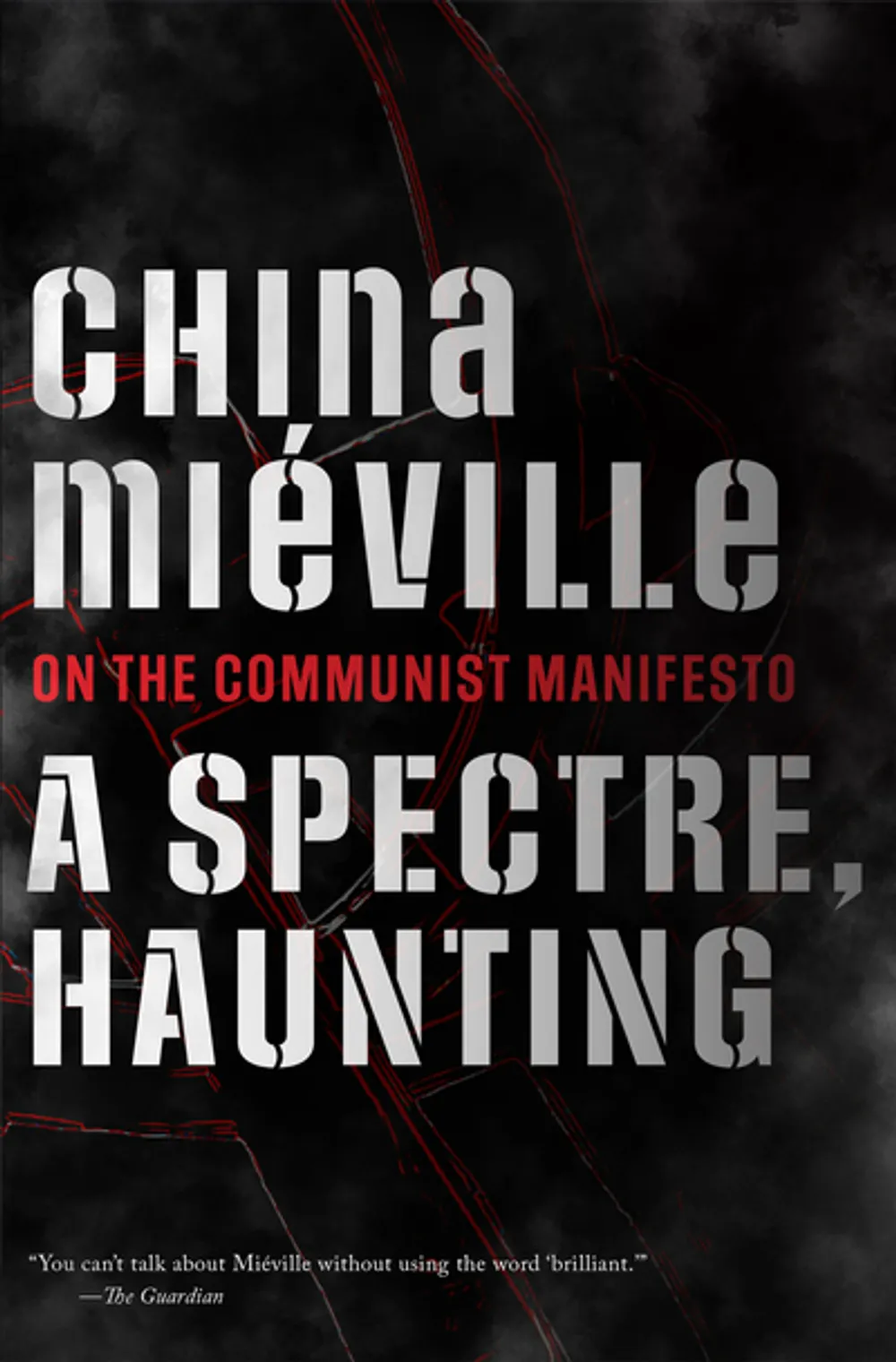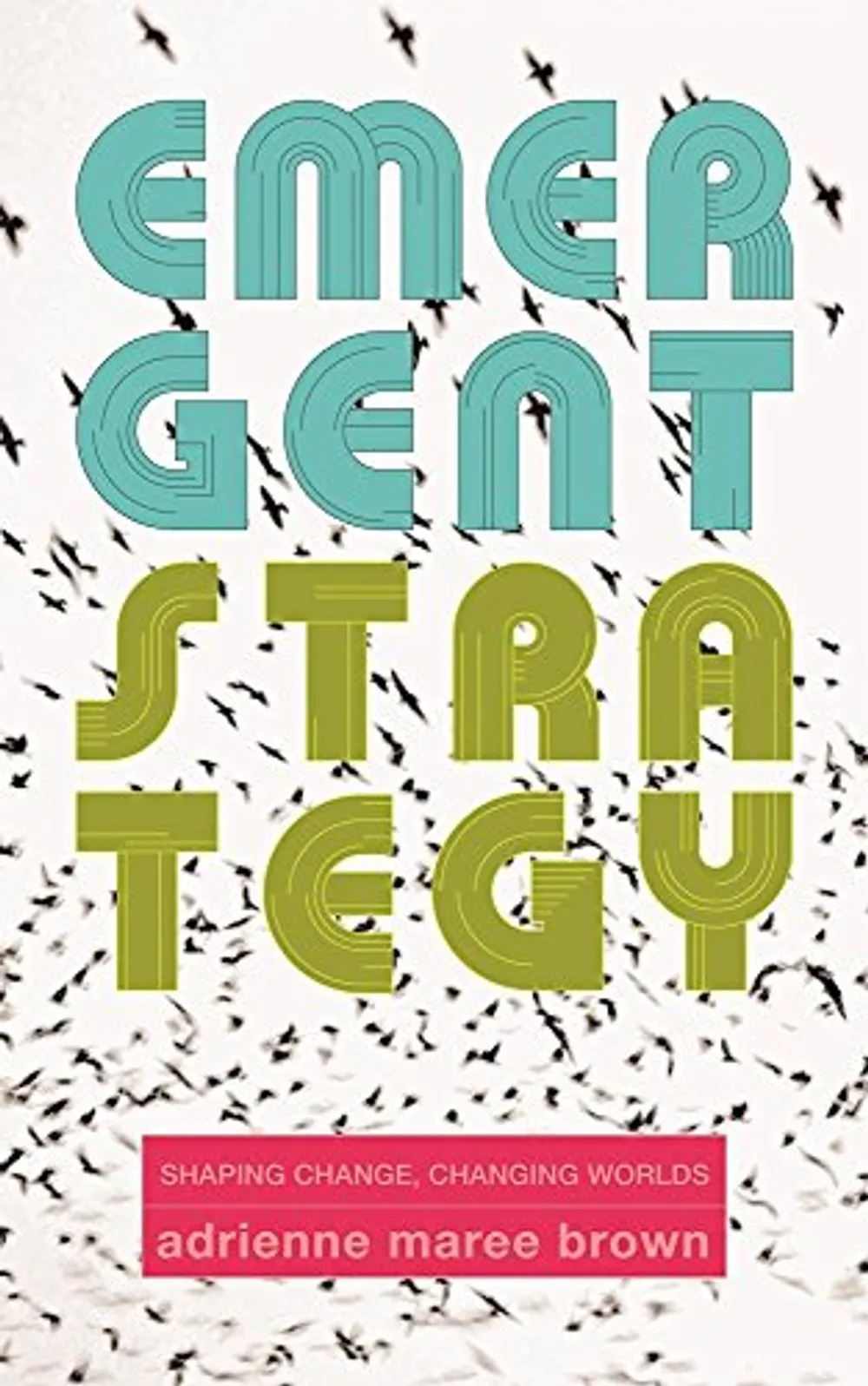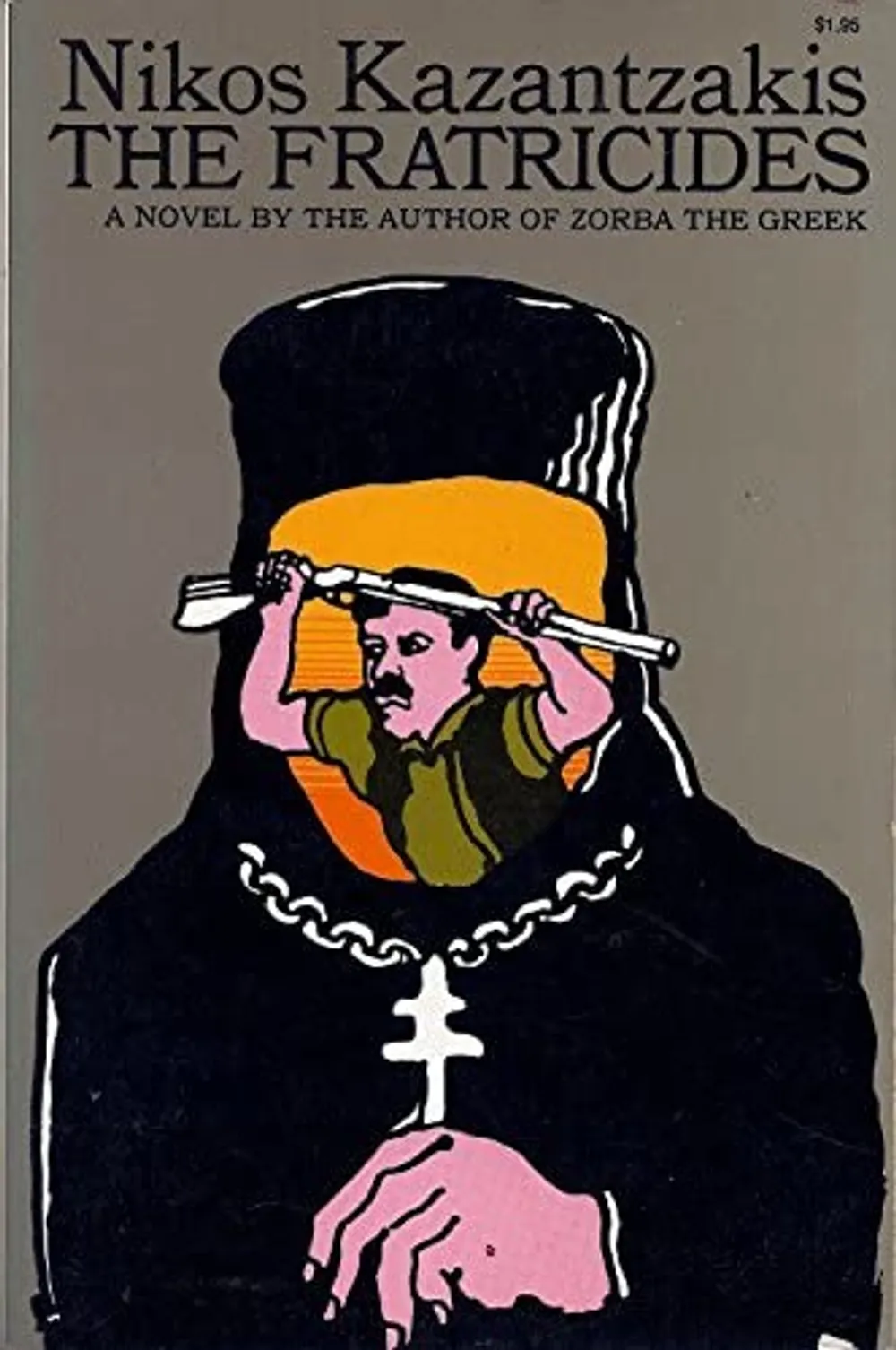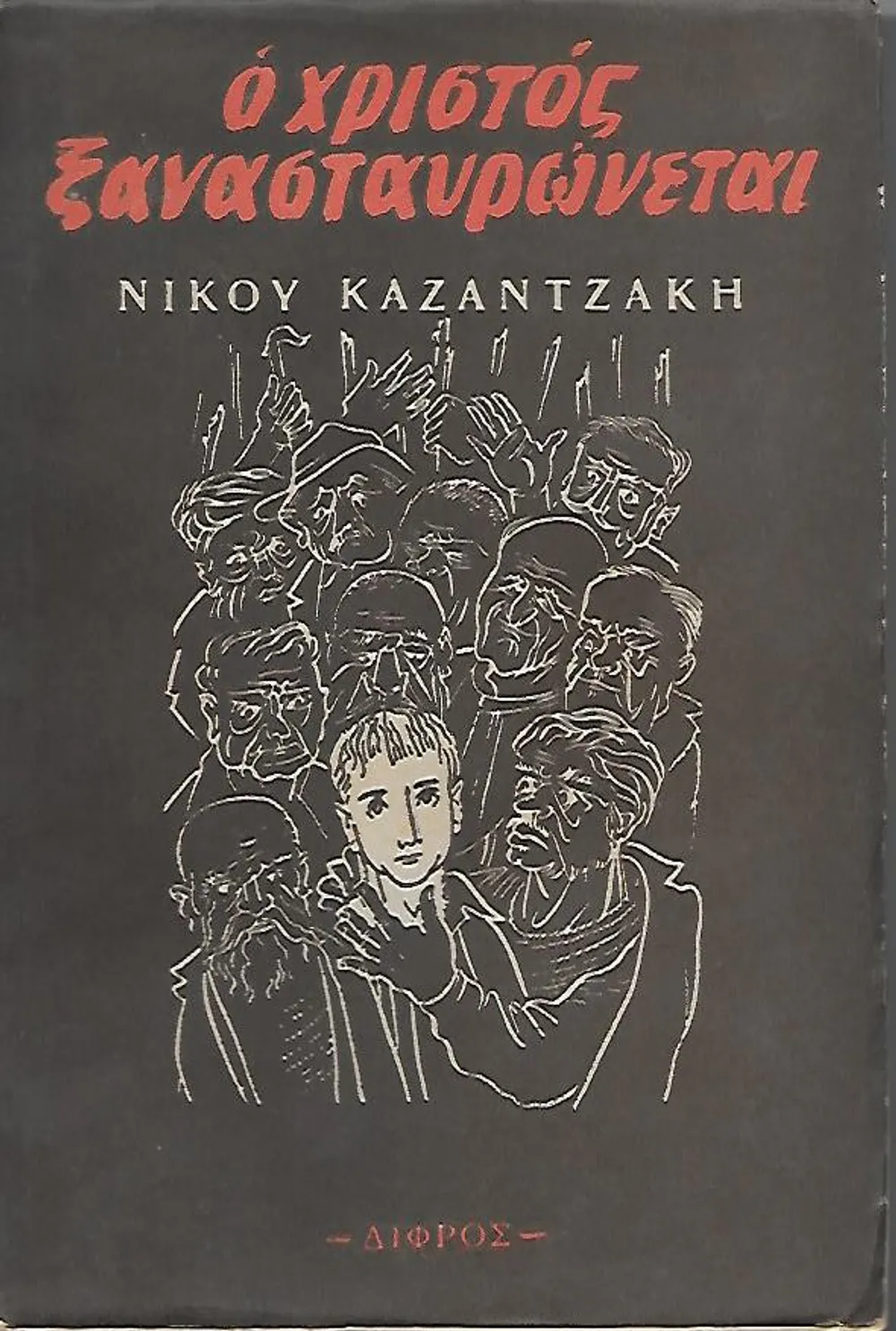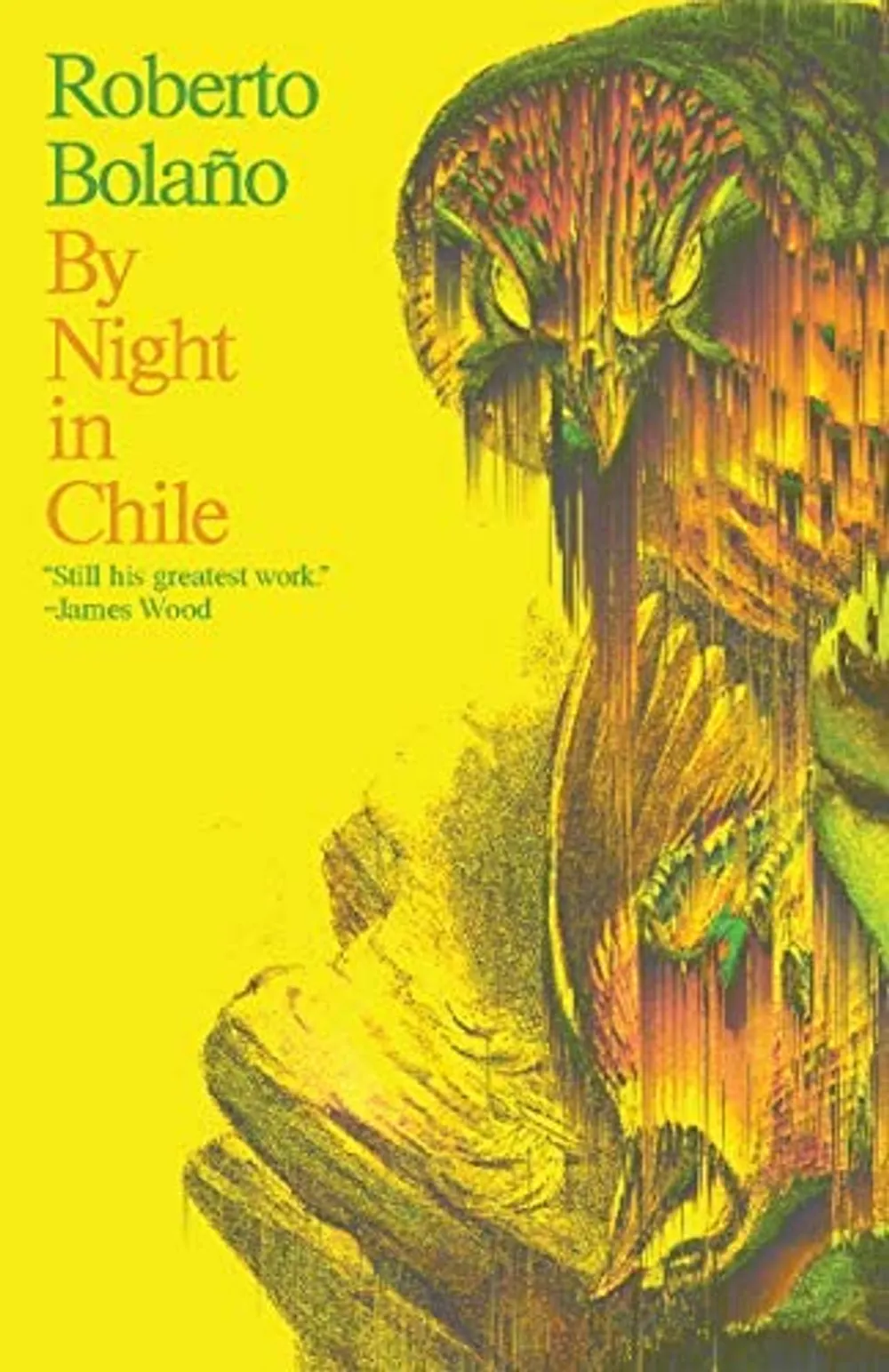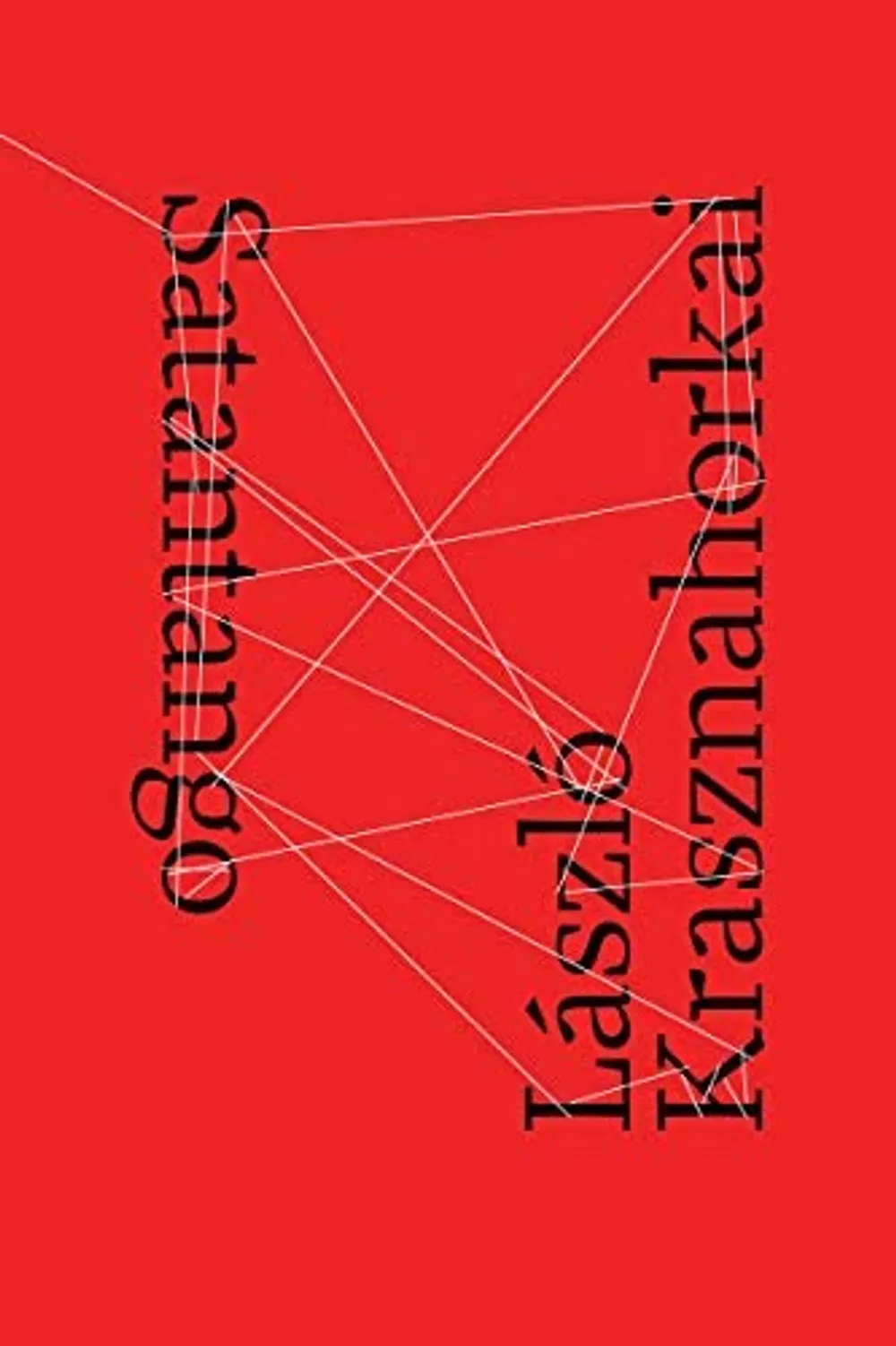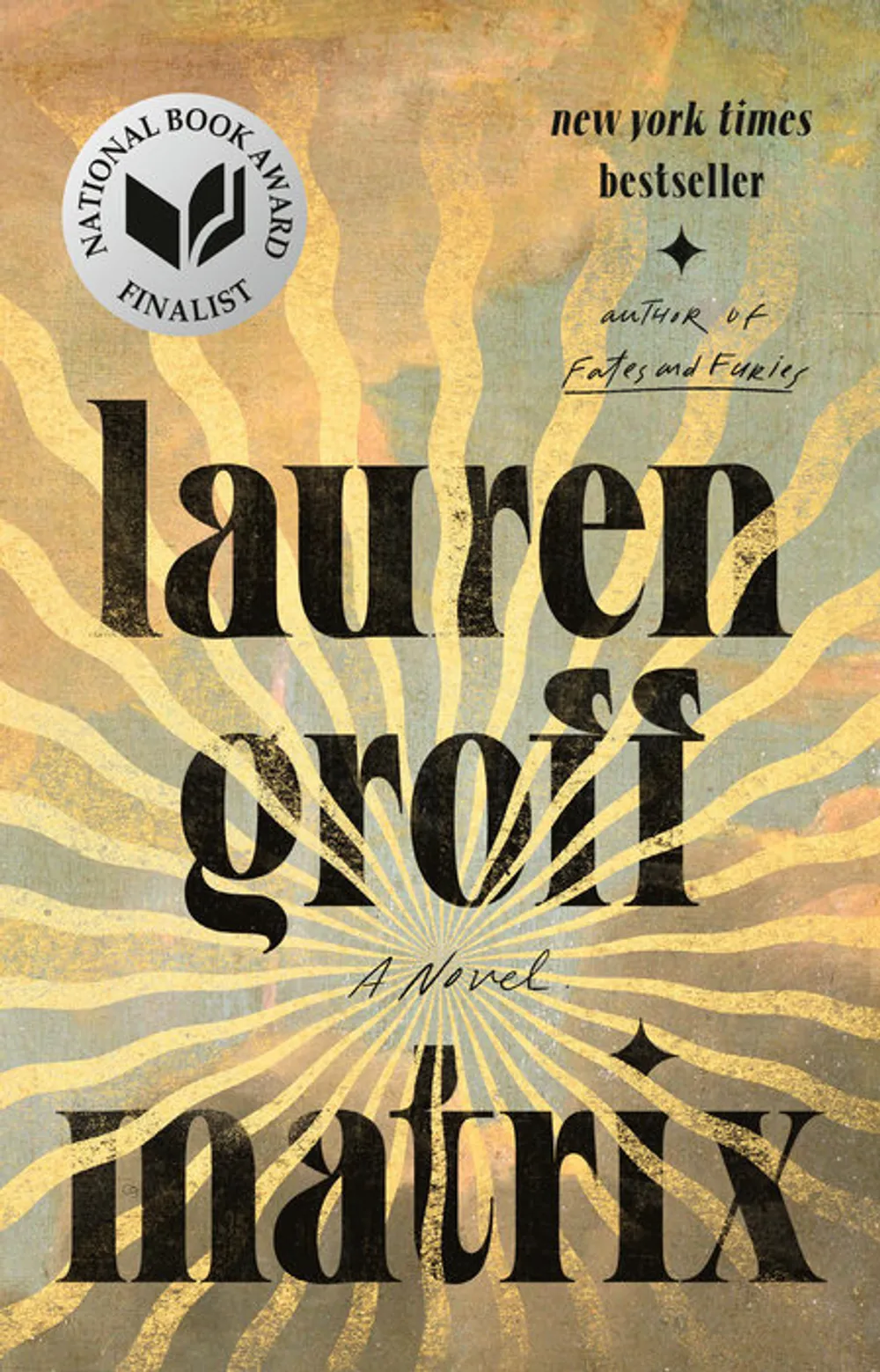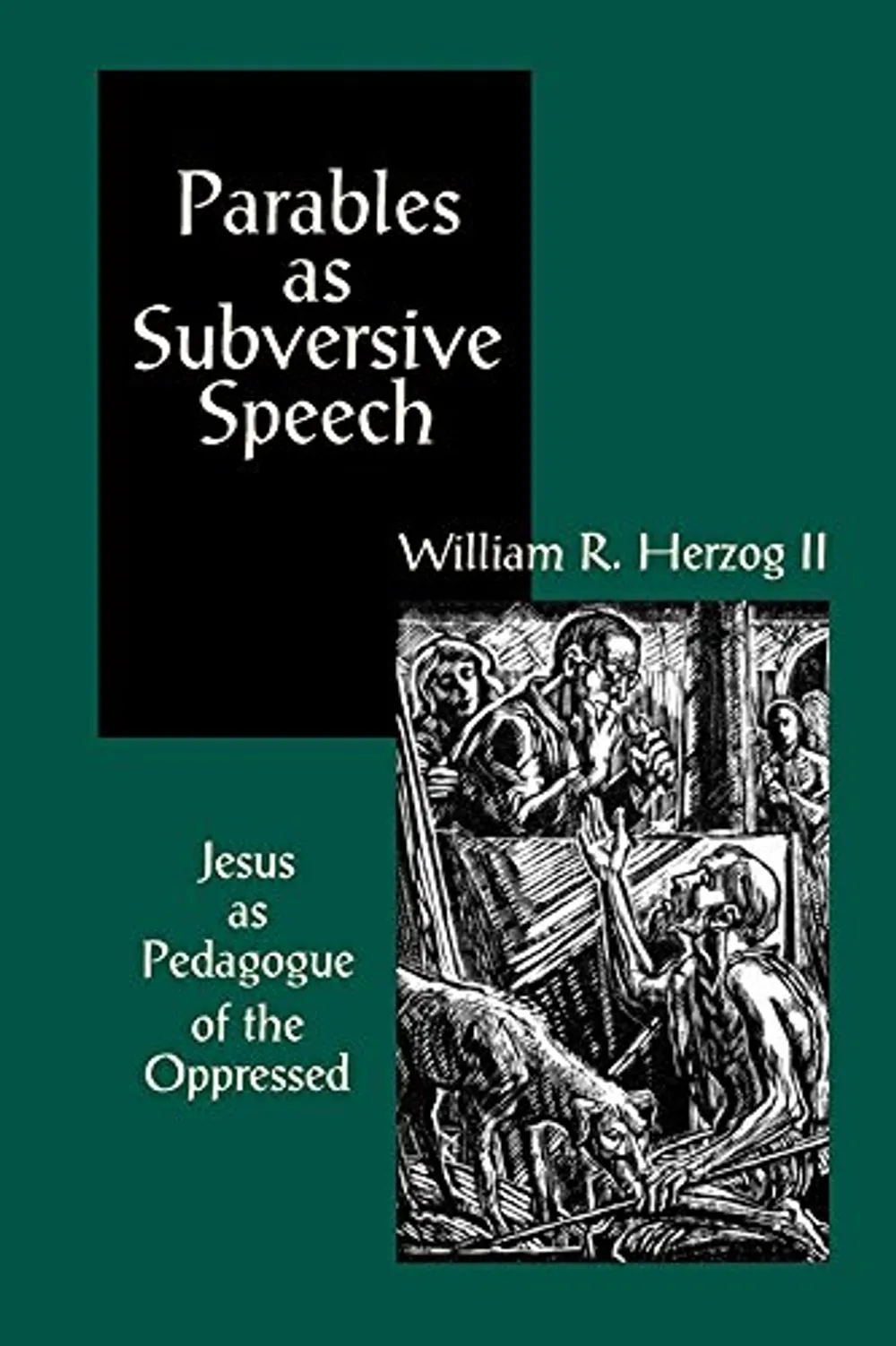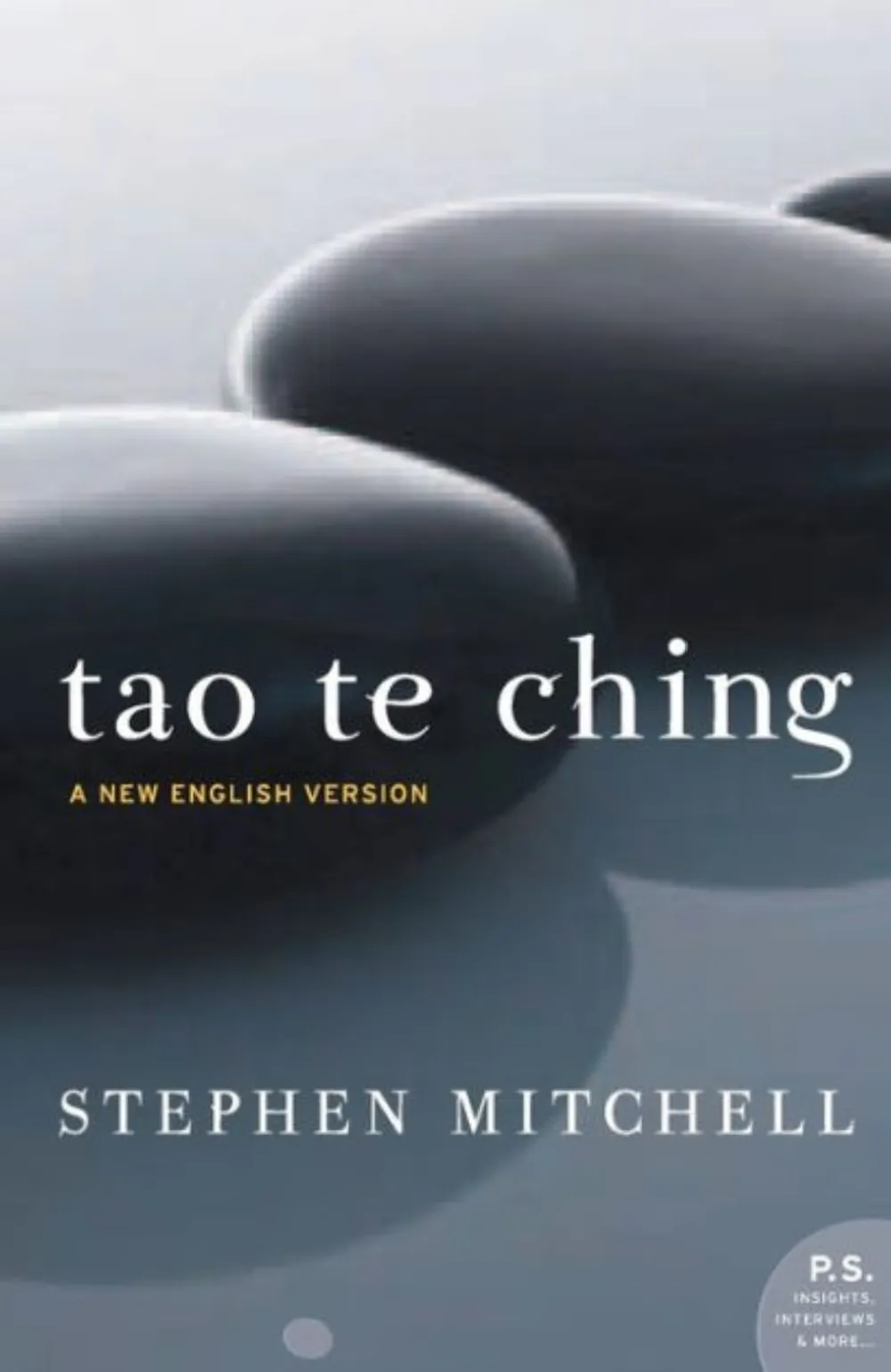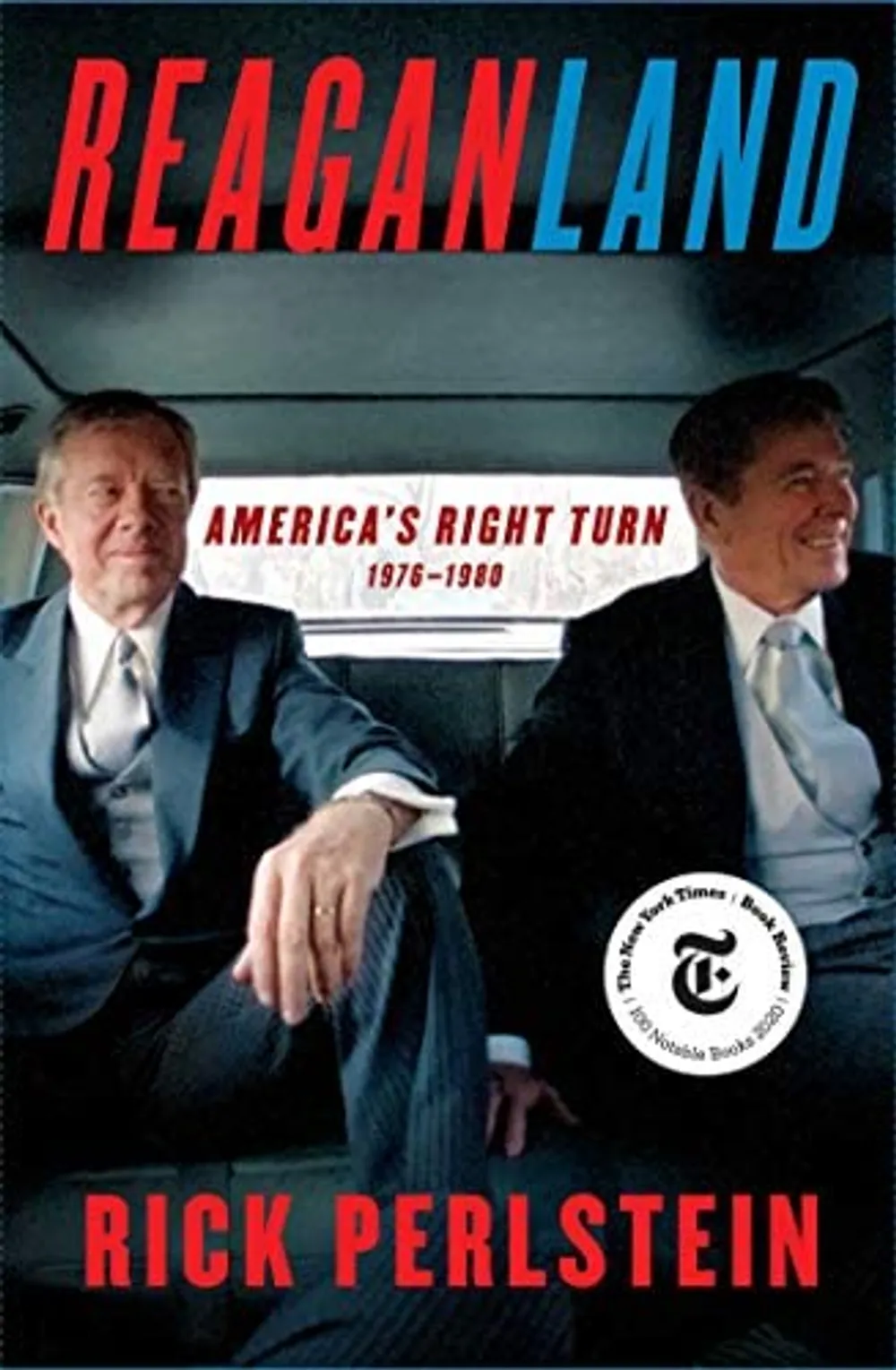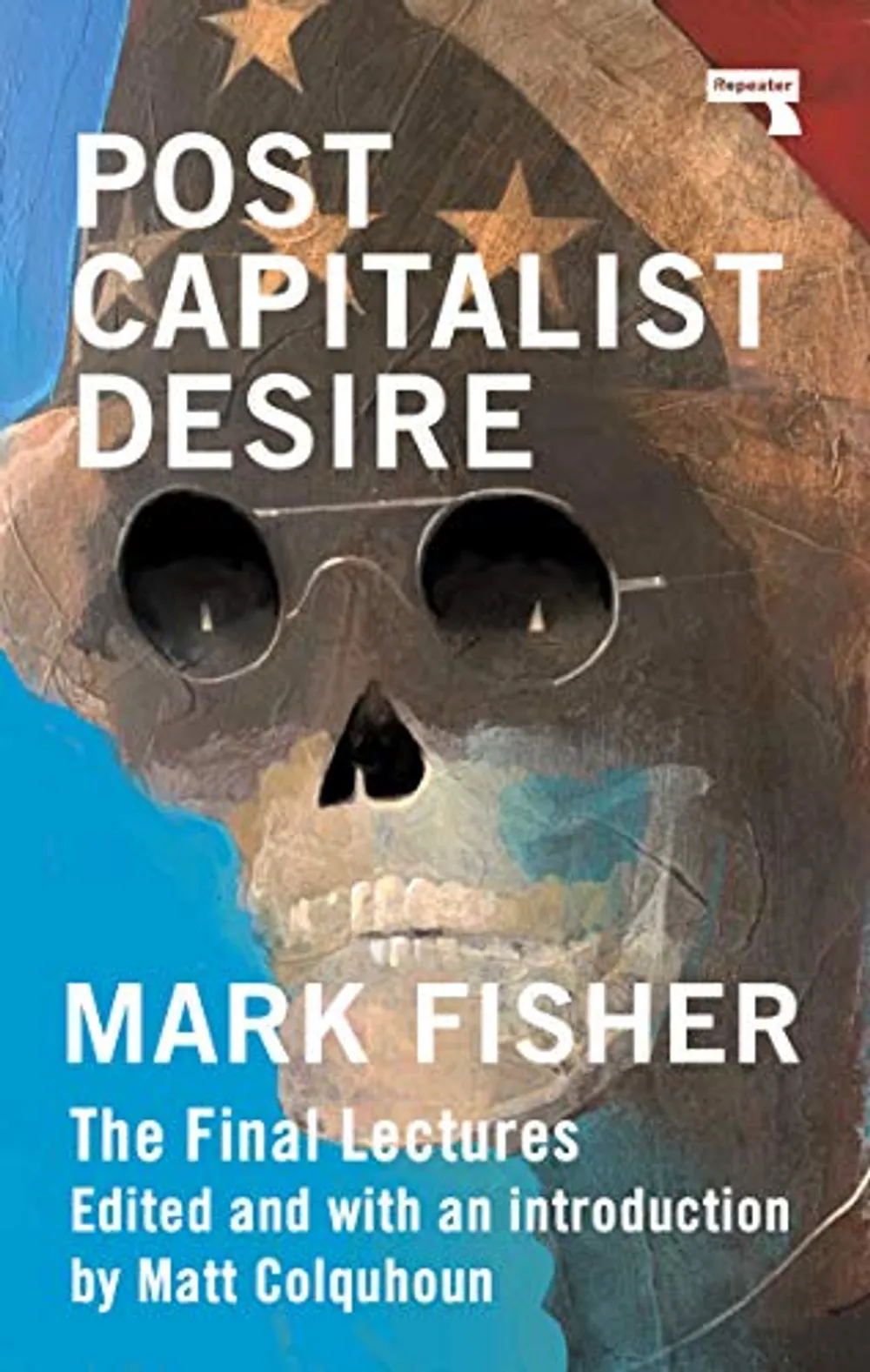My Year in Reading, 2022
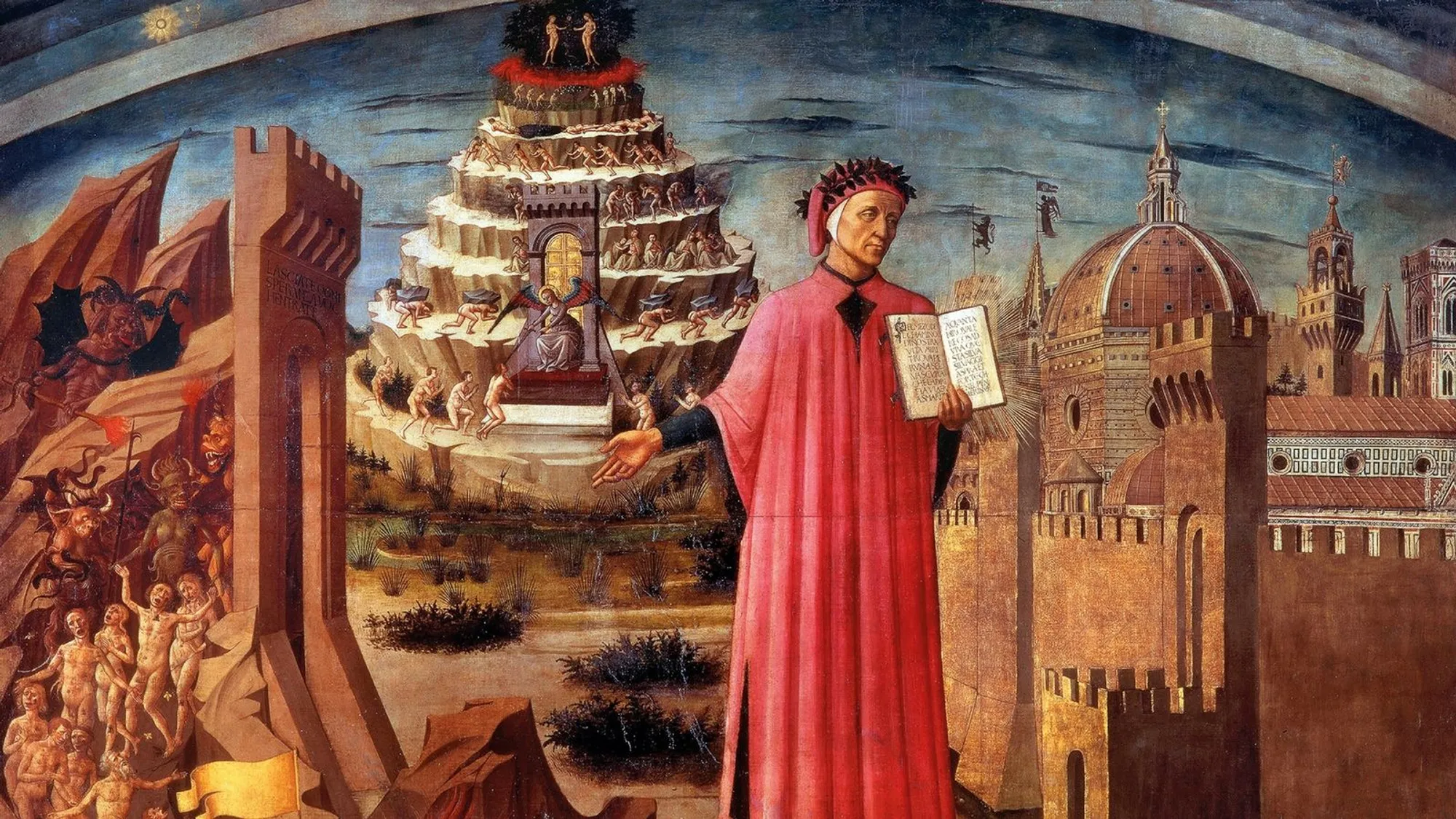
While my “books to read” list seems to grow ever greater than my “books finished” list, this year I still managed to complete some books that have been sitting on my shelf for a while. I also fell in love again with some old favorites and discovered some gems that had not been on my radar before.
So as the year closes, here is my entirely not-of-the-moment, provisional list of favorite reads from 2022, the books that most shaped my thinking this year.
Favorite Books
My favorite reads of the year, ones that prompted prolonged or critical reflection (in no particular order):
Wagnerism
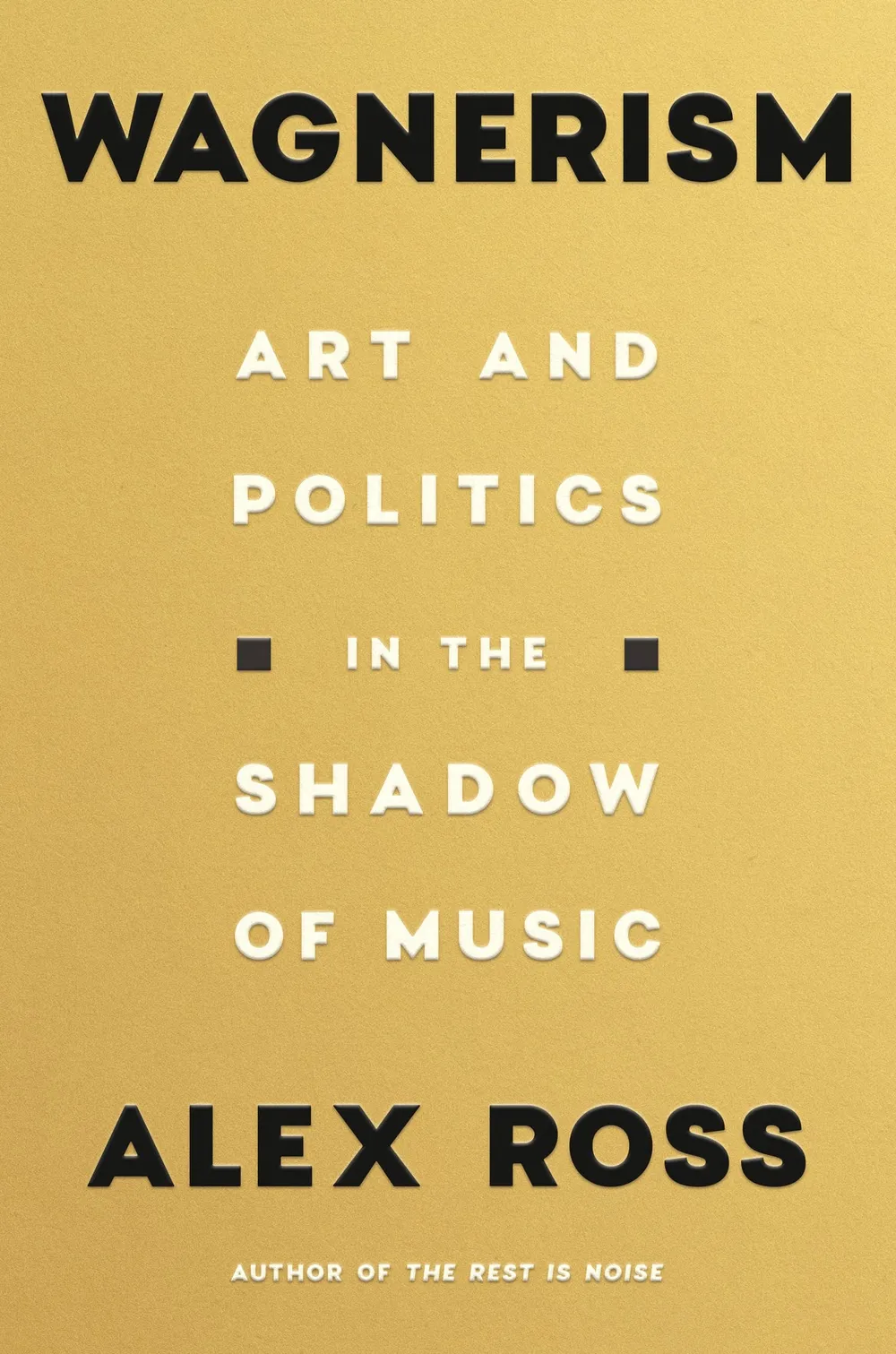
Wagnerism: Art and Politics in the Shadow of Music, by Alex Ross • 2020, Farrar, Straus and Giroux
For fans of: Wagner who know he’s problematic, opera/music history that isn’t gossipy, “histories of influence,” miniature biographies of artists, the concept of decadence, the occult
I confess that, as an avid classical music listener with a penchant for the baroque and early Romantic, I considered myself to be above Wagner for the longest time. I half-blame Nietzsche’s tortured but compelling diatribe in The Case of Wagner: “The artist of decadence. That is the word … All that the world most needs to-day, is combined in the most seductive manner in his art—the three great stimulants of exhausted people: brutality, artificiality and innocence (idiocy).” (Now that’s a hot take.) But this book, accompanied by a deep-dive in listening, has changed that earlier opinion. (I’ve now listened to the full Ring Cycle multiple times.)
The wide range of evaluations and interpretations of this most towering of musical figures—spanning Nietzsche, Nazism, Bolshevism, and everything in between—is precisely the subject of New Yorker critic Alex Ross’s informative, entertaining overview of Wagner’s legacy. As its title implies, the book is less about Wagner himself and more about the many ways his music and ideas about art have supplied the raw material for many other creative undertakings over the last century and a half.
In this way, the book is a kind of associative history of influence, tracing Wagner’s impact on everyone from Baudelaire and the decadent Symbolists of 19th-century France to the avant-garde, neo-expressionist artworks of Anselm Keifer. Wagner’s concept of the Gesamtkunstwerk, or “total work of art,” looms large—a kind of Platonic ideal against which artificers of words, images, and sounds have striven to realize the unrealizable.
Along the way, Ross attempts to assess the nebulous political undertones of Wagner’s legacy, which has appealed to both the left (Wagner was an active participant in the revolutionary fervor that rocked Europe in 1848) and right wings (Wagner was also, infamously, one of the most vile anti-Semites in music history). Against the mistaken but prevailing view that Wagner was nothing but a precursor to the Third Reich, Ross marshals an array of “alternative Wagners”—Satanic Wager, Jewish Wagner, Black Wagner, Gay Wagner, and Feminist Wagner, among others. But while a helpful starting point in complicating the picture, the conclusion that Wagner is nothing but a reflection of our own ambiguities falls a bit flat.
As Nathan Shields writes in an excellent critical rejoinder, Ross ironically fails to plumb the depths and contradictions of the music itself: “This is the idea that music shows us something far grander, and more dangerous, than our own reflection. It shows us the world as it could be.” The music, so full of the apocalyptic attitude of the fin-de-siècle, seems to foreground a more compelling, and more ominous, political question, oscillating between the twin collective visions of utopia and fascism: what is it in Wagner that simultaneously promises both liberation and annihilation, decadence and transcendence? And why does that abyss hold such power over us? Maybe Nietzsche was onto something after all.
Ulysses and Ulysses
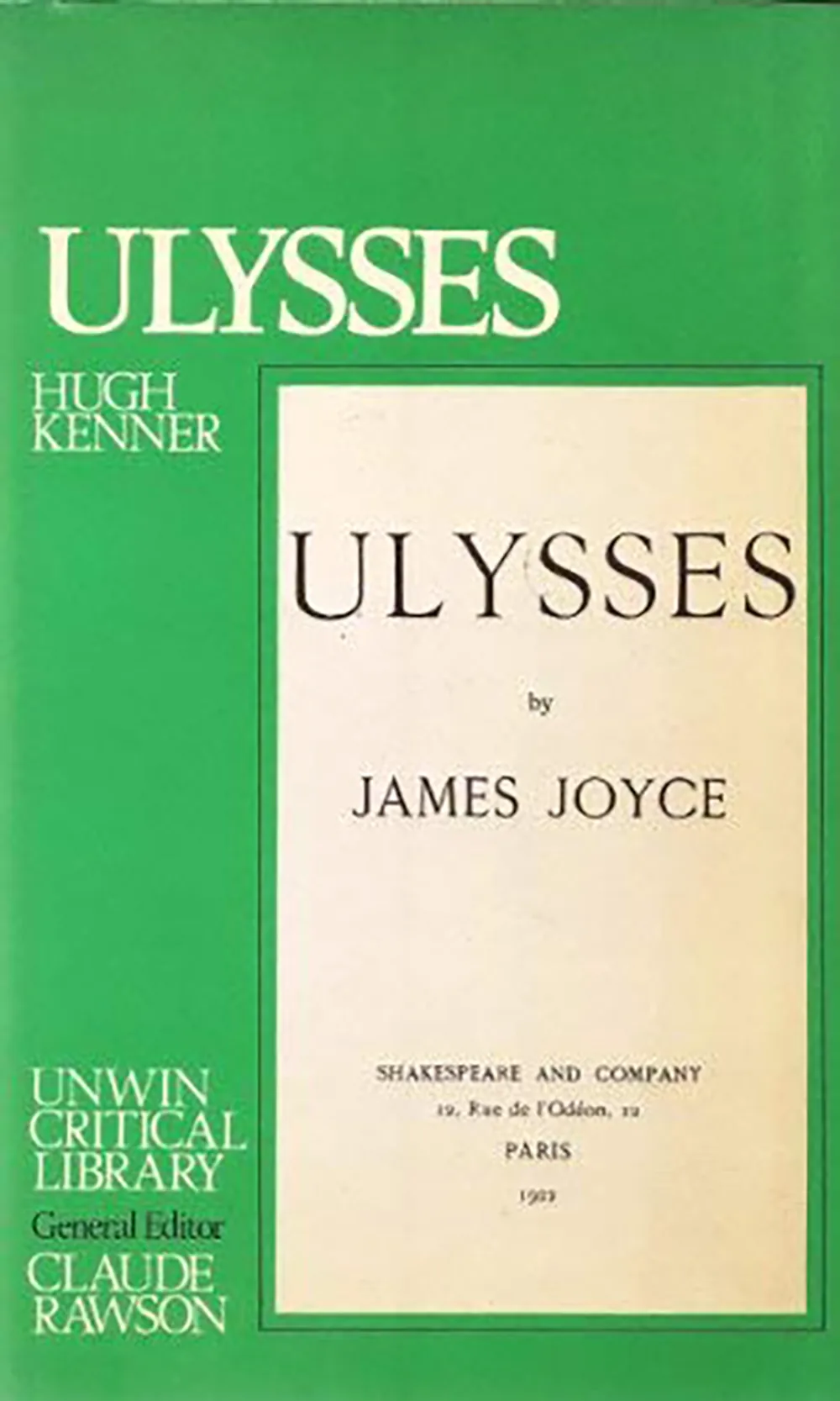
Ulysses, by James Joyce • 2013, Vintage Classics & Ulysses, by Hugh Kenner • 1987, Johns Hopkins University Press
For fans of: The greatest novel ever written, stories about wandering cuckolds, the sheer delight of language
Wagner was a luminary for the Modernist movement, whose greatest representatives were Eliot and Joyce. In Ulysses, Ross reads the ghostly ship that appears to Stephen Dedalus early in the novel as a reference to the Flying Dutchman, a legend about an eternally doomed mariner that was also the source for an early Wagner opera. The legend in turn reinforces another of the book’s leitmotifs, that of the Wandering Jew, cursed to roam the earth forever. As Ross notes, the novel delights in ironically playing up the dread of a dark, vampiric, conspiratorial specter looming at the edge of Stephen’s consciousness (descriptors redolent of the era’s anti-Semitism), before abruptly pivoting to the dry ordinariness of Leopold Bloom’s daily life (which is now amusingly vampiric): “Mr Leopold Bloom ate with relish the inner organs of beasts and fowls.”
The first time I read the novel, I did it line by line with the Gifford annotated guide, wanting to catch every single reference like those above. It’s an exhausting way to read with few true payoffs, apart from being able to say that you got every reference (you definitely didn’t). This time around, however, I read it only with Hugh Kenner’s short, excellent work as a companion, which allowed me to read Ulysses above all as a novel.
Kenner, one of the great critics of English literature, is less interested in the myriad references and Homeric analogies of character than he is in analogies of situation. Bloom is not so much Odysseus incarnate (although he might be, via metempsychosis) as he is a wandering and scorned man in search of home. Stephen is not so much Bloom’s metaphorical son as he is an immature and lost literary aspirant wrestling with all kinds of difficult fatherly inheritance—emotional, spiritual, and intellectual. This reading transforms the novel’s episodes from formulaic, one-to-one allegories (as in Stuart Gilbert’s somewhat tedious original guide) to a complex narrative web with layers of meaning. Turns out, Joyce wasn’t just a smarty-pants, but could actually write a good story, too!
Kenner’s book is alive with responsiveness to Joyce’s created world, which comes out not only in the big picture themes but also in all of the novel’s delicious details—for example, the slow revelation of Stephen’s truly bizarre outfit, complete with Latin-quarter hat that gets him mistaken for a priest and his sword-like ashplant (in another Wagner reference, he brandishes it like Siegried in the hilarious brothel scene, crying “Nothung!” before smashing a chandelier).
But the most exciting aspect of Ulysses is what Joyce does to revolutionize the novel form itself. Kenner describes how, halfway through what might be a strange but relatively straightforward novel, there comes an “intrusion of consciousness … something new in fiction … as though a giant were slowly coming awake” (64-65). This is the advent of “the Arranger,” one of the many voices in the text that is not the narrator, but also not the author, a voice that compiles, interpolates, contradicts, ornaments, mocks, and corrects all manner of narrative detail, all with an omniscient, omnipresent irony: “Some mind, it is clear, keeps track of the details of this printed cosmos, and lets escape from its scrutiny the fall of no sparrow” (64).
It is as though Joyce, in his act of creation, had also given birth to a brazen Demiurge that went on to create more of this fictional world, beyond even the reach of the original creator. (In a true instance of Homeric analogy of character, the Arranger is like Penelope, who undoes at night what she has woven during the day.) It is this, and not the stream-of-consciousness style typically associated with the novel, that is its true innovation.
The effect of the Arranger on the reader is to cause us to become aware of both the limitations and the unboundedness of art, and of language in general. Above all we realize that there is far more here than meets the eye: “There has been a look of autonomy for the initial style to serve and transcribe, but under close inspection this autonomy is compromised” (70). Just like in our physical cosmos, there is, contrary to seeming appearances, no great Artificer in the sky, no static Book of Nature from which all can read. And there is no single identity that holds us together. Instead, there are a multiplicity of voices, manifold viewpoints constructing the determined chaos of reality (a truth of quantum physics, which has playfully recognized its affinity with Joyce by borrowing his term quark). This is the parallax that Ulysses achieves in both form and content—an over-layering of visions, encompassing both specter and living presence.
Marx’s Inferno
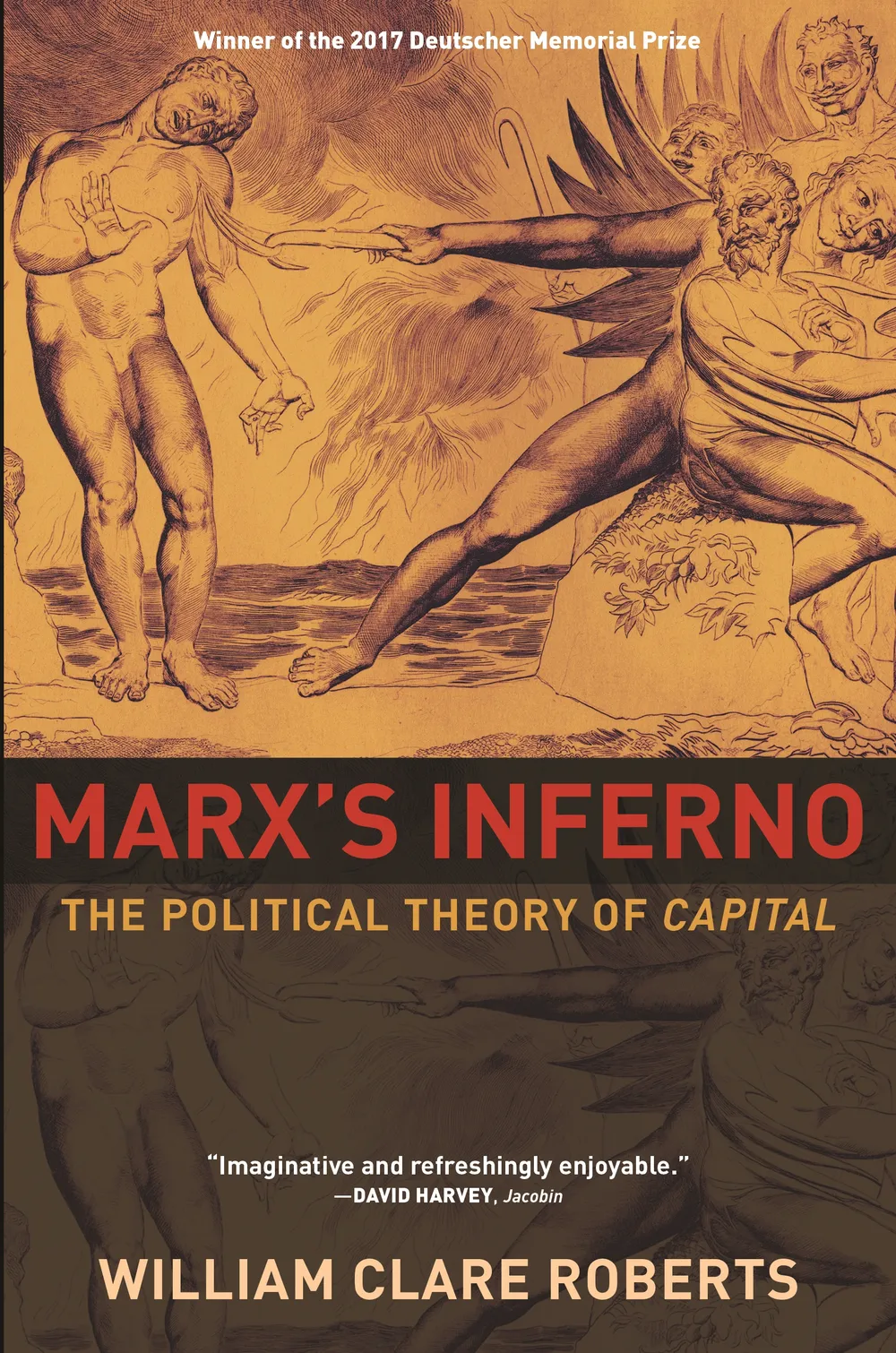
Marx’s Inferno: The Political Theory of Capital, by William Clare Roberts • 2016, Princeton University Press
For fans of: Fresh takes on Marxist thought, creative uses of the Divine Comedy, not terrible political theory, hating on anarchists
As Marx well knew, the true specter haunting Europe in the mid-19th century (and us now) was the harrowing reality wrought by the capitalist mode of production, from environmental degradation to extreme poverty to the obliteration of traditional social ties. The resulting “social hell,” as William Clare Roberts advances in this book, was a popular topic for utopians, communists, anarchists, and reformists of the day; it was a trope for thinkers to frame the struggle for a better world in terms of salvation from this social hell by means of a democratically enacted social republic (which of course varied widely in form). It is on this and other specifics that Roberts bases his proposal to read Capital: Volume I through the lens of Dante’s Inferno, as both an entry in and critique of this long line of commentators on the social hell—a provocative and fruitful reading that has changed many aspects of how I understand Marx’s project.
Roberts is somewhat unique in reading Capital: Volume I as a standalone text, and as a work primarily of political theory, not of economics, history, or social theory. This is an especially interesting angle given the “how to read Capital” cottage industry that is currently en vogue—and Roberts does valiantly stake out his reading against those of David Harvey, Michael Heinrich, and others. Forming the crux of Roberts’s view is the intriguing claim that the author of Capital is best read as a representative of an “alternative republicanism,” one that merges a central commitment to “freedom as non-domination” with the Owenite tradition of communism as a free association of producers.
Roberts is excellent at positioning Marx’s position against the prevailing alternatives by his socialist rivals, many of whom are the focus of Marx’s savage criticism in the text—much like Dante places his enemies in various levels of hell. The Inferno here acts as a guide for the thematic aspects of the critique, from the impersonal domination of the market (the outer circles of Hell) to the violence and fraud inherent in the capitalist mode of production itself (the Malebolge).
What truly sets Marx’s critique apart from his contemporaries is that he disdains the moral aspect of political economy that is traditionally called upon to rectify capitalism’s obvious ills, even as it covers for its continued exploitation (a basic function of ideology). For Marx, it is not enough simply to decry the injustice or immorality of the social hell wrought by capitalism. Like original sin, the systemic imperatives are greater than the vices of any single individual.
The impersonal domination of the market compels not only workers but also capitalists themselves to act in accordance with market imperatives to exploit labor and maximize value; not even the capitalist has freedom. While class struggle is a key feature of social relations under capitalism, there is thus no single agent or class that we can point to and hold responsible for the social hell that capitalism generates. This is a lesson that is also well worth hearing today. While convenient targets for public loathing, Bezos and Musk are merely symptoms, not authors, of the logic of late capitalism. So, like Dante, “Marx … sees the necessity of going through political economy in order to get beyond it” (3).
This is how Roberts arrives at his view of Marx as a radical republican, concerned above all with freedom from the tyrannical and impersonal structure of capitalism. It is a Marx who certainly has much to say to our current moment, especially after the failure of so many state socialist projects. Moreover, it is a Marx who returns the focus to the laboring classes themselves, who, “if they want to free themselves from this domination … must get to the bottom of political economy itself, and destroy the social basis of its existence as a scientific discourse” (17).
Archaeologies of the Future
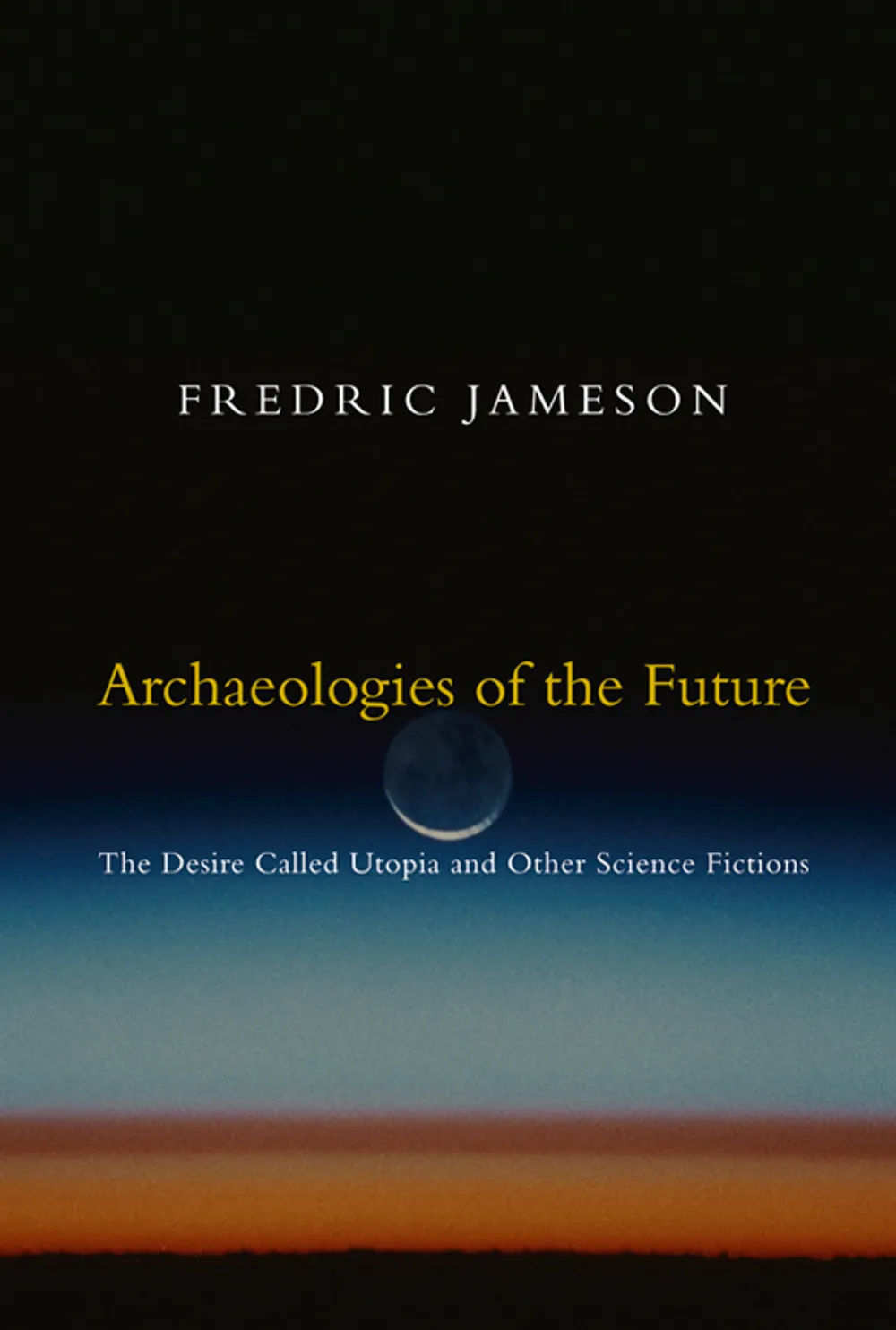
Archaeologies of the Future: The Desire Called Utopia and Other Science Fictions, by Frederic Jameson • 2007, Verso
For fans of: Tour de force literary theory, Greimas squares (so many of them), utopia/dystopia, Kim Stanley Robinson/Ursula Le Guin, pithy off-hand remarks that cause you to rethink entire movements or individuals
Having gone through the social hell, what then does the longed-for social republic on the other side look like, exactly? As everyone knows, it is far easier to critique the world-as-it-is than to imagine the world-as-it-might-be. But the impulse to think the unthinkable, to carve out an “enclave” from the “nightmare of history” (Stephen Dedalus in Ulysses), is an act which generates the kind of text which is not quite wholly fiction, not quite wholly social/political theory, but an explosive, protean thing filled with the unique social desires that attend each particular era (and here we’re back to Wagner). Following its grand inaugural iteration by Thomas More, this is the kind of text we call the Utopian.
(More’s Utopia is a text which I have a particular interest in, as it plays a crucial role in my paper on Christianity, capitalism, and anti-fetishism. I only wish I could have read this book before writing the paper!)
Jameson unpacks the historiography (utopiography?) of the Utopian text in this impressive book, following its expression particularly in waves of 19th- and 20th-century science fiction. In doing so, he draws out the distinction between Utopia as program and formal structure, and Utopia as the trappings of an utterly transformed everyday life, both concerned in their own way with horizons of social desire (the distinction loosely follows Coleridge’s definitions of Imagination and Fancy).
It’s the first book by Jameson I’ve read, and it is one that spoke to me immediately as a fan of Freudo-Marxist-tinged literary theory. Like a novelist, Jameson can conjure worlds with just a few sentences, and it was often his incidental remarks about a thinker or idea that sent me down feverish rabbit holes or side reading quests (see the science fiction section below).
One example: an extended reflection on the “great schism” between fantasy and sci-fi, both of which probe the Utopian in their own way, reveals a fundamental incongruity between the two. Whereas the former deals in ethical binaries of good and evil and the limitations of the organic (both summed up in the concept of magic), the latter is “determined by concepts of the mode of production rather than those of religion” (58). This means that fantasy, more often than not, “looks back” in nostalgic and dubious political (if not outright reactionary) ways, whereas sci-fi tends to be concerned with historicism, the longue durée, and how a radically new Utopian world can erupt out of the strictures of history. Maybe it’s oversimplified, but it goes a long way in explaining why Lord of the Rings and Harry Potter are not Utopian, but William Morris’s News from Nowhere is.
Jameson gives a compelling example of this by glossing Ursula K. Le Guin’s The Wizard of Earthsea, quipping that it “starts in ethics and ends in history,” pivoting from a quasi-religious rumination on evil to a materialist critique of imperialism (67). The distinction also helps underline what really constitutes the Utopian—a radical rupture from the present in a manner that incorporates past and present but transcends it (that good old German Aufhebung at work again), versus “returning to the former glory days.” We all know what that means by now.
Even amid such interesting details, the book’s overarching theme is also one that captivates. Utopia is a mirror of a society at any given moment in its place/history. This “inescapable situatedness” means Utopia is always about both what is wrong with society and what transformed life could look like, and about how such continued attempts to think the unthinkable build up and change the very meaning of Utopia. It also means that dystopia/utopia are actually synonyms, and that the true enemy of Utopian desire is the “anti-utopia,” almost always paired with paranoid anti-communism (looking at you, Orwell). Certain touchpoints remain—the abolition of money, the abolition of property—but what matters is the act of rupture itself. This is the antidote to the cynical “realism” that sees no possible alternative to the hell of late capitalism:
For it is the very principle of the radical break as such, its possibility, which is reinforced by the Utopian form, which insists that its radical difference is possible and that a break is necessary. The Utopian form itself is the answer to the universal ideological conviction that no alternative is possible, that there is no alternative to the system. But it asserts this by forcing us to think the break itself, and not by offering a more traditional picture of what things would be like after the break (232, my emphasis).
Main Currents
In addition to my favorite books, these themes formed some of the main currents of what I read this year:
Science Fiction Classics
I’ve been a casual reader of sci-fi for a long time, but partly because of the Jameson book above, I made a resolution to deep dive into the classics this year. In addition to the fraught utopian ruminations of these two masterpieces, I also have Stanisław Lem’s Solaris and Marge Piercy’s Woman on the Edge of Time in the queue.
Natural World
I continued my trend of exploring the confluence of the social and natural worlds with these excellent titles. McPhee’s classic essays on precarious human attempts to flaunt natural processes were especially stimulating, as was Michael Pollan’s knowledgeable stroll through the psychoactive properties of opium, caffeine, and mescaline.
Politics as Worldmaking
“Politics as worldmaking” is a concept from Olúfẹ́mi O. Táíwò’s incredible book Reconsidering Reparations (I would have written more about it above, but I have a longer essay about it forthcoming soon), and it aptly characterizes how these books and/or their subjects approach social change. Rather than drowning in the endless back-and-forth of sanctimonious, identity-driven liberal politics, worldmaking aims first to understand history so it can more effectively change the complex systemic problems we have been given. (It’s right there in the eleventh thesis on Feuerbach.) It’s about taking out the hammers—to tear down and build up something new.
Existentialist / Absurdist / Postmodernist Fiction
This is an odd section, but the heading accurately describes the kind of fiction I always find myself picking up. Satantango in particular was a revelation, something like Twin Peaks: The Return meets Tarkovsky, but as an absolutely crushing parable of betrayed hope and the brutal, blind idiocy of the will to power.
Honorable Mention Books
Finally, these are good books I read that I have less to say about/didn’t finish, but still greatly enjoyed:
